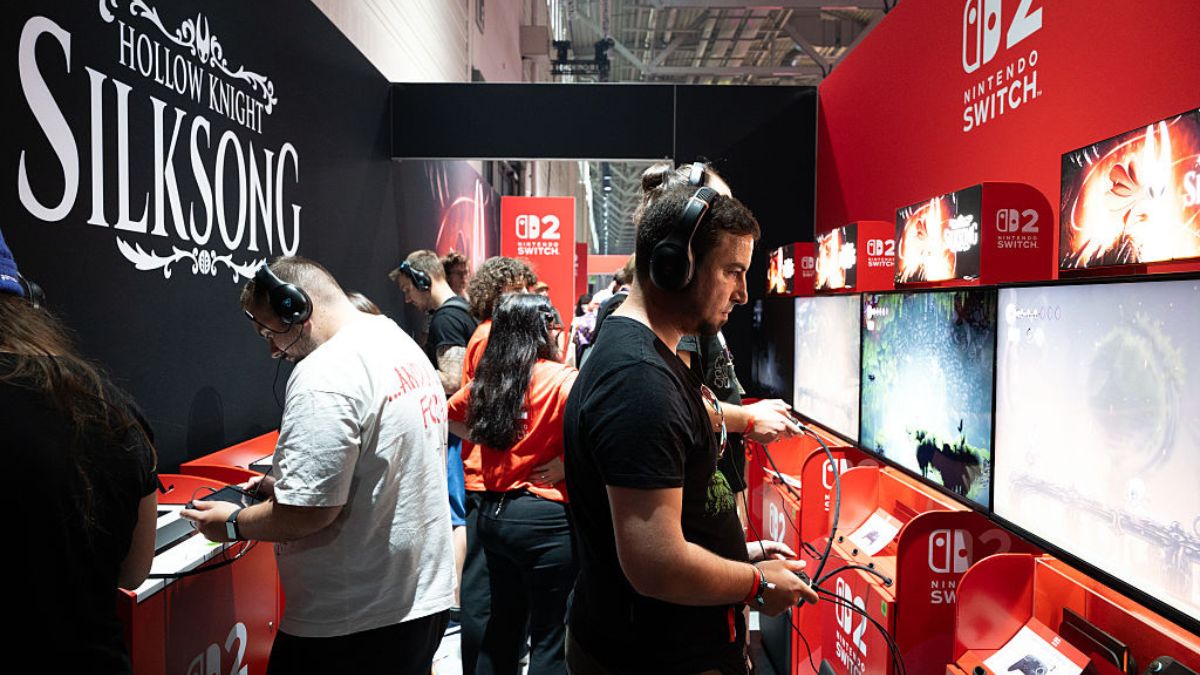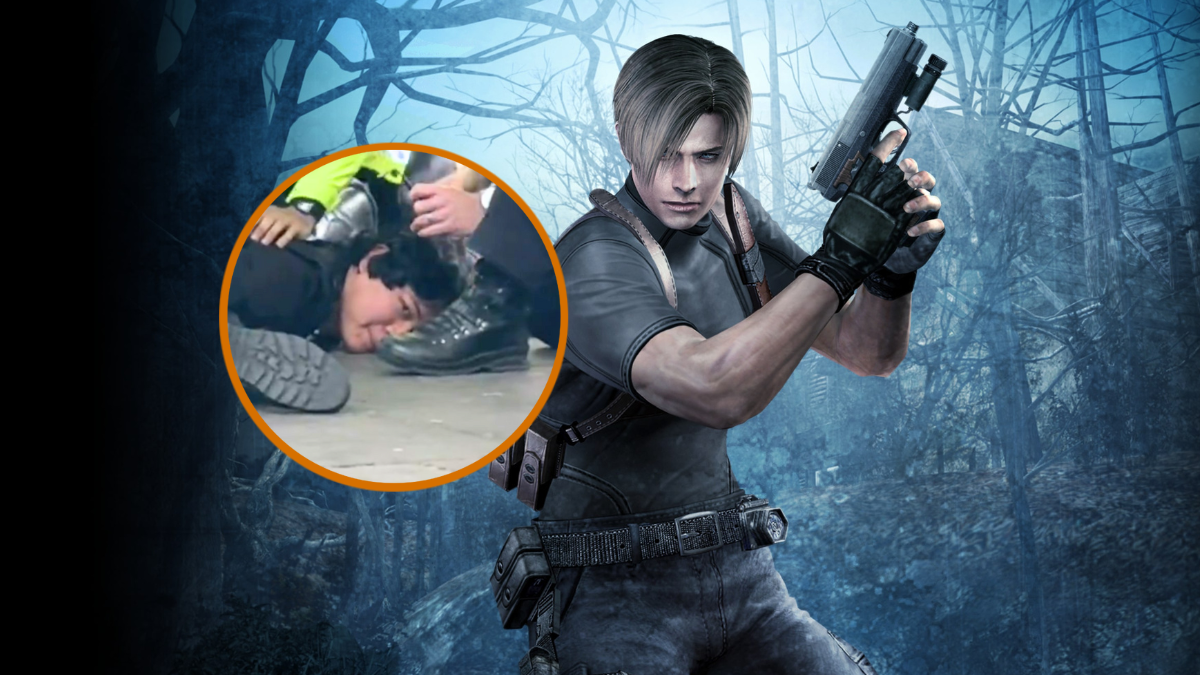Growing up, I was a huge fan of Dragon Ball Z. Like many my age, I discovered the show through Toonami, which would lead me on an odyssey of bootleg VHS tapes, crappy action figures, and pricey card games. I was such a fan that I even used a modified PlayStation to play an import copy of the not particularly good Dragon Ball Z: Ultimate Battle 22. When the Z series concluded, though, I largely stopped following the property, only checking in every once in awhile on the various video games being released that were based on it. The last one I got my hands on left me largely disappointed, but perhaps Bandai Namco learned something from that disappointment. For the next major fighting game in the series, Dragon Ball FighterZ, the publisher turned to the talented team of Arc System Works to figure out how to properly bring the chaotic world of the anime to the world of fighting games.
While Arc System Works’ most popular franchises, namely Guilty Gear and BlazBlue, are hailed for their intricate mechanics, Dragon Ball FighterZ is designed for a wider crowd. In order to open the game up to a new audience, combos and special maneuvers are easy to learn and remember. Auto-combos for each character are put in place so that even the button-mashing crowd can pull off a decent string of blows. Most special attacks are mapped to one or two buttons, regardless of their strength or how many energy bars they use, which is nice to have. Even more technical abilities, such as Vanish or Super Dash, are simple enough to use that any fighting game novice can feel like an expert playing the game.
I’ve reviewed my fair share of fighting games, and I’m generally a pretty big fan of the genre, despite my less than stellar skills. So, when I say that this is possibly the most fun I’ve had playing a fighting game this generation, it’s not coming from a place of ignorance. The simplified combat engine, combined with the over-the-top theatrics of Dragon Ball make this a game that is not only a blast to play, but also to watch. The best thing Arc System Works did was to take some of the core facets of their previous works, and combine them with the more simplistic 3-on-3 Marvel vs. Capcom-esque engine. The finished result is a product that is easy to jump into, but has plenty of depth to explore the more time you spend with it. This helps draw in non-hardcore fans of the genre, while also keeping the diehards satisfied.

Taking into account the move to a 3-on-3 engine, I was surprised at the size of the roster in Dragon Ball FighterZ. There are only 24 characters, and three of those (Super Saiyan God versions of Goku and Vegeta, and teen Gohan) are duplicates, albeit with altered abilities. The roster pulls from a majority of the Dragon Ball franchise, with favorites such as Beerus, Frieza and Future Trunks being joined by the brand new Android 21. I’m torn on whether the reduced roster was a good or bad move from Arc System Works, however. On the one hand, by focusing on a smaller batch of characters, the studio was able to make sure that not only is everyone fun to use, but also strong enough to be relevant. On the other hand, the lack of stalwarts such as Android 17 (who does pop up to assist his sister), Raditz and Broly is a little strange. DLC is already in the works for the title, so I expect some of these characters to show up sooner or later, but their exclusion is noticeable.
With a sense of confidence in my abilities, I jumped into the online world of Dragon Ball FighterZ, and walked away mostly impressed. Instead of a regular online menu, the title sports a lobby that lets you pick between the various modes of the game, both online and off. Using currency acquired through playing the game, players can purchase Z capsules, which hold new avatars and color schemes for those that wish to have a more unique lobby look. With everything clearly marked, using the lobby is an easy enough experience, but one that does need a few more tweaks. For starters, the matchmaking itself seems to be running a little slow at the moment, at least on PlayStation 4. Regardless of whether I was doing a ranked or casual match, I still had to wait a decent amount of time just to be matched up with an opponent. This is with a lobby that is apparently 100% filled up, as well. I’m also not a fan of the game almost always needing an online-connection. The PlayStation Netowrk hasn’t been great as of late, so it would be a real bummer if an extended outage crippled the game. To be fair, the title has only been out for a week, so I expect these issues to get ironed out, but for now, they remain a nuisance.

It’s a shame that I’m getting these matchmaking issues, because once I did get into a match, things ran pretty well. Out of the handful of matches I did over the different online modes, I was only hit with lag a few times. Which is amazing considering the fast-paced combat of the game could be crippled by any bout of slowdown. After dealing with server issues for the last few fighting games I went online with, it’s great to be able to hop into a match, and be 95% sure things aren’t going to completely crap out on you. And sure, the lag-free gameplay means I had nothing to hide my countless defeats behind, but I’ll gladly take that trade-off for consistently smooth action.
Outside of the competitive online modes, there is a surprisingly robust single-player campaign to be found. Taking place over three arcs that pull from the good, the bad and the new of the Dragon Ball universe, the story is an entirely new tale. The strangest thing about this mode is not even the presence of Android 21, but rather the fact that you technically control a human soul that is being volleyed around between the bodies of different characters. And they are aware of it. It’s an odd set-up even for the historically odd world Akira Toriyama created. Regardless, the story itself is a lot of fun, with plenty of call-backs to past character moments and interactions. It’s nice to not have to retread the worn out Cell Games and Namek arcs for once.
Playing through the campaign is also a little different than you might have expect. Each arc is split into different chapters, where players can take a team of Z warriors around a map to do battle with enemies. Winning fights helps level up your characters, as well as unlocks different boosts (health, power) that can be equipped to the team. As you progress through the arcs, you’ll need to be smart with both what boosts you use, as well as what fights you take, as health does not fully regenerate between bouts. I actually really like the idea behind the set-up, but I don’t necessarily love the execution. It’s an interesting way of mixing up the typical campaign, but it does grow boring beating up a rotating cast of evil clones of the main characters after awhile. Even as the battles continue to ramp up the challenge, it can get tedious fighting the same series of palette swaps over and over again. Luckily, there are some fun cutscenes that arise out of these moments that help eliminate some of the tedium.

While past Dragon Ball games have done their best to replicate the look of the series, FighterZ is perhaps the most accurate one to date. It’s certainly the best looking one, if nothing else. Rather than use 2D sprites, Arc System Works instead used 3D models that were designed to have the look of a 2D sprite, similar to their work in the last Guilty Gear release. This gives the game a crisp animation style that can accurately duplicate the flashy fighting of the series, while also maintaining a smooth flow throughout. Visual touches such as characters getting drilled through mountains and energy blasts that can be seen from space also help set the scene. Each battle is a blast to watch, and I think it will be awhile before any 2D fighter can match the visual output here.
Dragon Ball FighterZ is not just the best Dragon Ball game, it’s also in competition for the best current-gen fighter, period. It’s a joy playing the game, and the combat engine can make any fighter, whether hardcore or novice, feel like they know what they are doing. The colorful, gorgeous visuals and clever storyline should also be a treat for both fans and non-fans of the series. Outside of some online issues and a single-player campaign that drags over time, I really don’t have a lot to take issue with here. If you have ever been interested in either fighting games, Dragon Ball or both, you owe it to yourself to check out Arc System Works’ beautiful brawler.
This review was based on the PlayStation 4 version of the game, which was provided to us.










Published: Feb 6, 2018 10:00 am